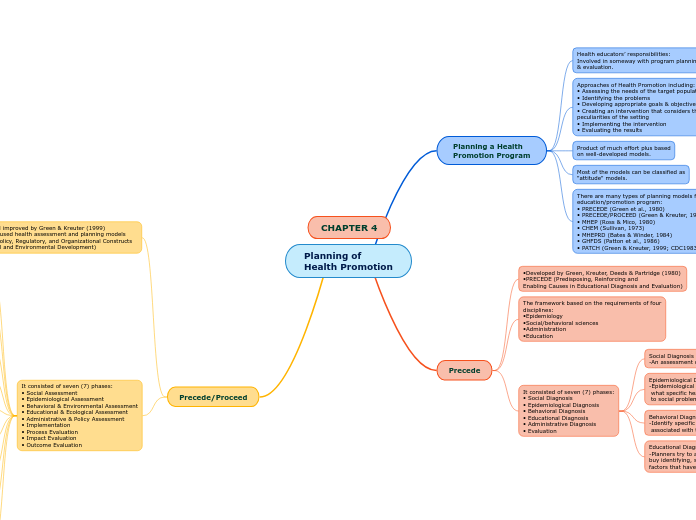jonka Arif Idham 4 vuotta sitten
332
Planning of Health Promotion

jonka Arif Idham 4 vuotta sitten
332

Lisää tämän kaltaisia
•Predisposing factors •Enabling factors •Reinforcing factors